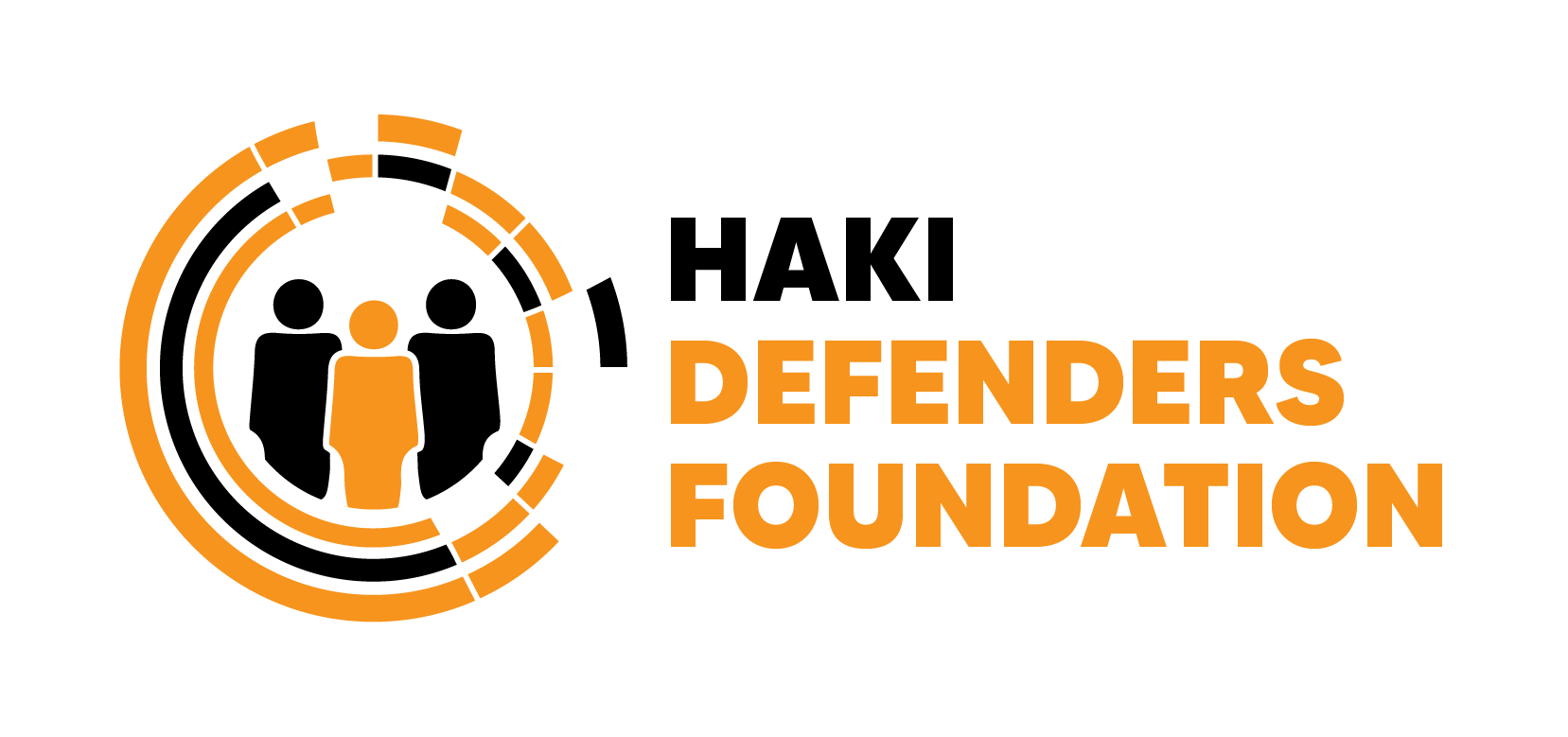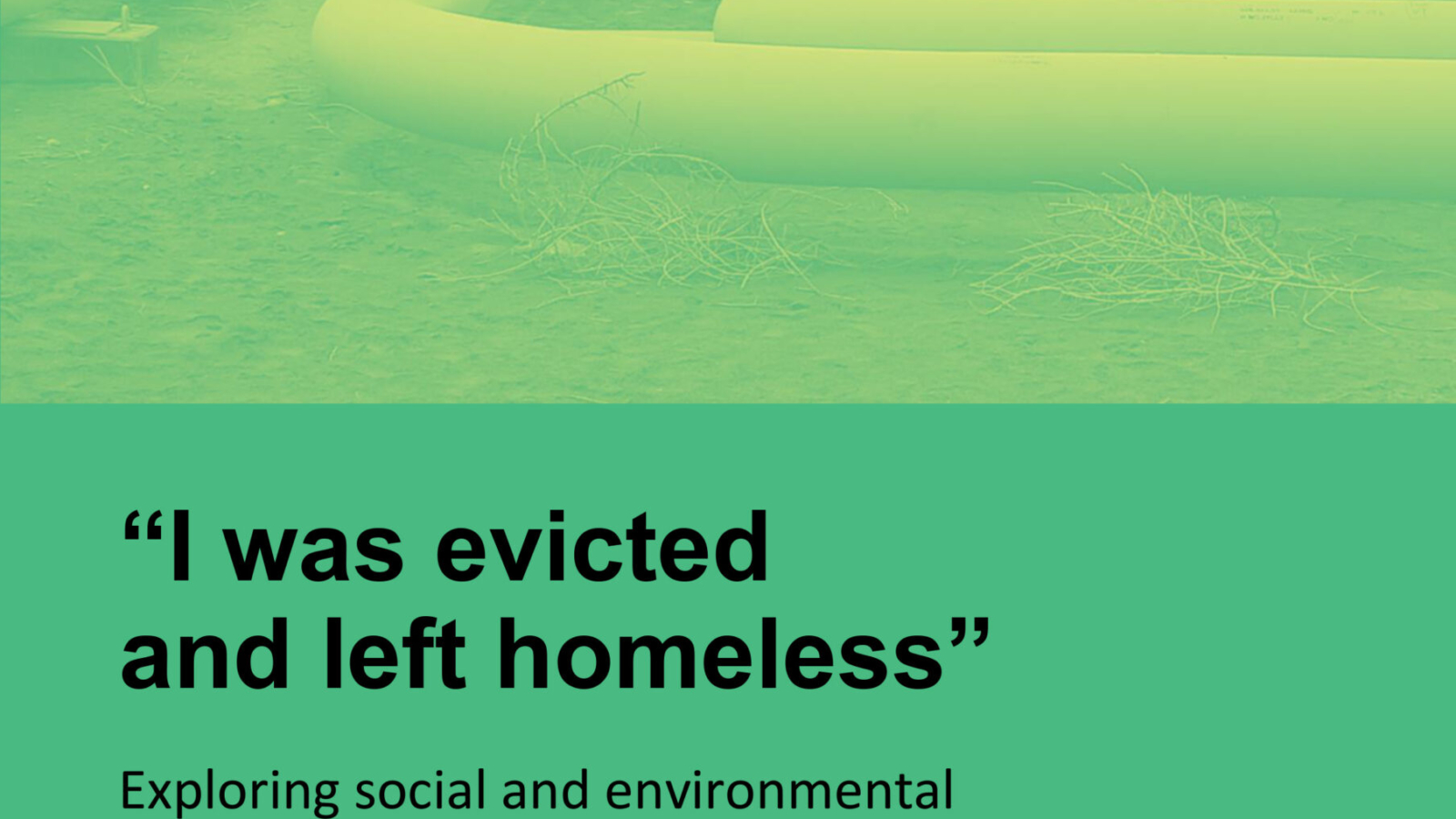Kampala, Uganda – 1/04/2025 – Haki Defenders Foundation (HDF), led by Executive Director Leah Munokoh, in collaboration with the Urban Institute at the University of Sheffield, has released a critical new report on the thoughtful social and environmental impacts of the East African Crude Oil Pipeline (EACOP). This $5 billion project, which stretches from Uganda to Tanzania, has raised significant concerns due to community displacement, environmental damage, and human rights violations.
The report, based on interviews with 176 people, including Project-Affected Persons (PAPs) and key stakeholders, exposes the harsh realities faced by those living along the pipeline route in Uganda’s western regions. Despite claims that EACOP will boost the region’s economy, the report reveals the severe consequences it has had for local communities.
Key findings from the report include:
- Land Displacement and Resettlement: The pipeline’s construction has displaced over 3,600 households. Families have been moved to resettlement camps like Kyakaboga, where living conditions are poor. Many larger families face overcrowded housing, and essential services such as schools and healthcare are difficult to access. The compensation offered to these displaced families has proven inadequate, leaving them without the means to rebuild their lives.
- Environmental Impact: The report highlights significant environmental damage caused by the 1443km EACOP project. Key issues include water contamination, soil erosion, and biodiversity hot spots loss such as shores of Lake Victoria Africa’s largest fresh water lake. Farmers, particularly in Kikuube District, report crop failures and livestock deaths due to oil spills and chemical runoff. The disruption of local ecosystems and water sources has long-term negative effects on both the environment and the livelihoods of the affected communities.
- Violation of Democratic Rights: The report also exposes widespread violations of democratic rights, including restrictions on freedom of expression and peaceful assembly. Communities that have protested poor compensation and living conditions have faced heavy repression. Security forces have intervened in peaceful protests, arrested activists, and threatened violence. Civil society organizations advocating for the rights of PAPs have also experienced harassment and intimidation.
Recommendations for a just and sustainable future
The findings of this report highlight the urgent need for immediate action to address the injustices caused by the EACOP project. However, the lessons learned must also inform a long-term vision for development that prioritizes human rights, environmental sustainability, and community well-being. To address the current injustices faced by affected communities, the following steps must be taken:
For the state:
● Strengthen legal and institutional frameworks through revising and enforcing laws to ensure fair compensation, transparent land acquisition processes, and robust environmental protections. Aligning national laws with international standards, such as the Equator Principles and IFC Performance Standards, is critical.
● Empower vulnerable groups like women, children, indigenous communities, and other marginalized groups. They must be included in decision-making processes. Legal aid programs and financial support should be provided to help these groups assert their rights.
● Enforcing environmental safeguards through regular environmental audits and independent monitoring should be mandated to mitigate risks such as oil spills, deforestation, and water contamination. A monitoring body that includes environmental NGOs and local communities should oversee the project’s environmental impact.
For the implementers:
● Project developers, including Total Energies and CNOOC, must adopt a more inclusive and participatory approach to enhance community engagement. This includes conducting thorough consultations, incorporating feedback from local populations, and collaborating with human rights defenders to ensure that the voices of affected communities are heard.
● Compensation for displaced communities must be fair, timely, and sufficient to cover not only the loss of land but also the long-term impacts on livelihoods. Livelihood-restoration programs should be established to support affected individuals in rebuilding their economic lives.
● Strengthen environmental management by conducting comprehensive Environmental and Social Impact Assessments (ESIAs) and implementing robust spill prevention and response plans. Regular monitoring and transparent reporting of environmental impacts should be standard practice.
For the oil companies:
● Adopt Corporate Social Responsibility (CSR) programs that prioritize the welfare of affected communities by investing in local infrastructure, education, and healthcare. Community funds could be established to support the construction of schools, clinics, and clean water systems.
● Promote transparency and accountability by publishing detailed reports on their activities, including environmental assessments, community consultations, and compensation processes. These reports should be accessible to the public and subject to independent audits.
● Collaborate with human rights defenders and civil society organizations to ensure that human rights are respected throughout the project. Safe channels for reporting violations and addressing grievances must be established.
In light of these troubling findings, Haki Defenders Foundation, calls for immediate action. The report urges the governments of Uganda and Tanzania, along with project developers Total Energies and CNOOC, to address the injustices faced by the affected communities. HDF demands better compensation practices, more transparency, and stronger environmental protections.
“This report emphasizes the urgent need for a human-cantered approach to large-scale infrastructure projects,” said Leah Munokoh. “We must prioritize the rights and well-being of local communities. The EACOP project must not leave these people behind. We call on all relevant parties to take responsibility and honor the commitments made to these communities.”
Haki Defenders Foundation remains committed to advocating for justice, accountability, and human rights in Uganda and the Great Lakes region. This report serves to raise awareness and drive change, ensuring that future projects respect human rights, promote environmental sustainability, and foster social justice.


Add a Comment